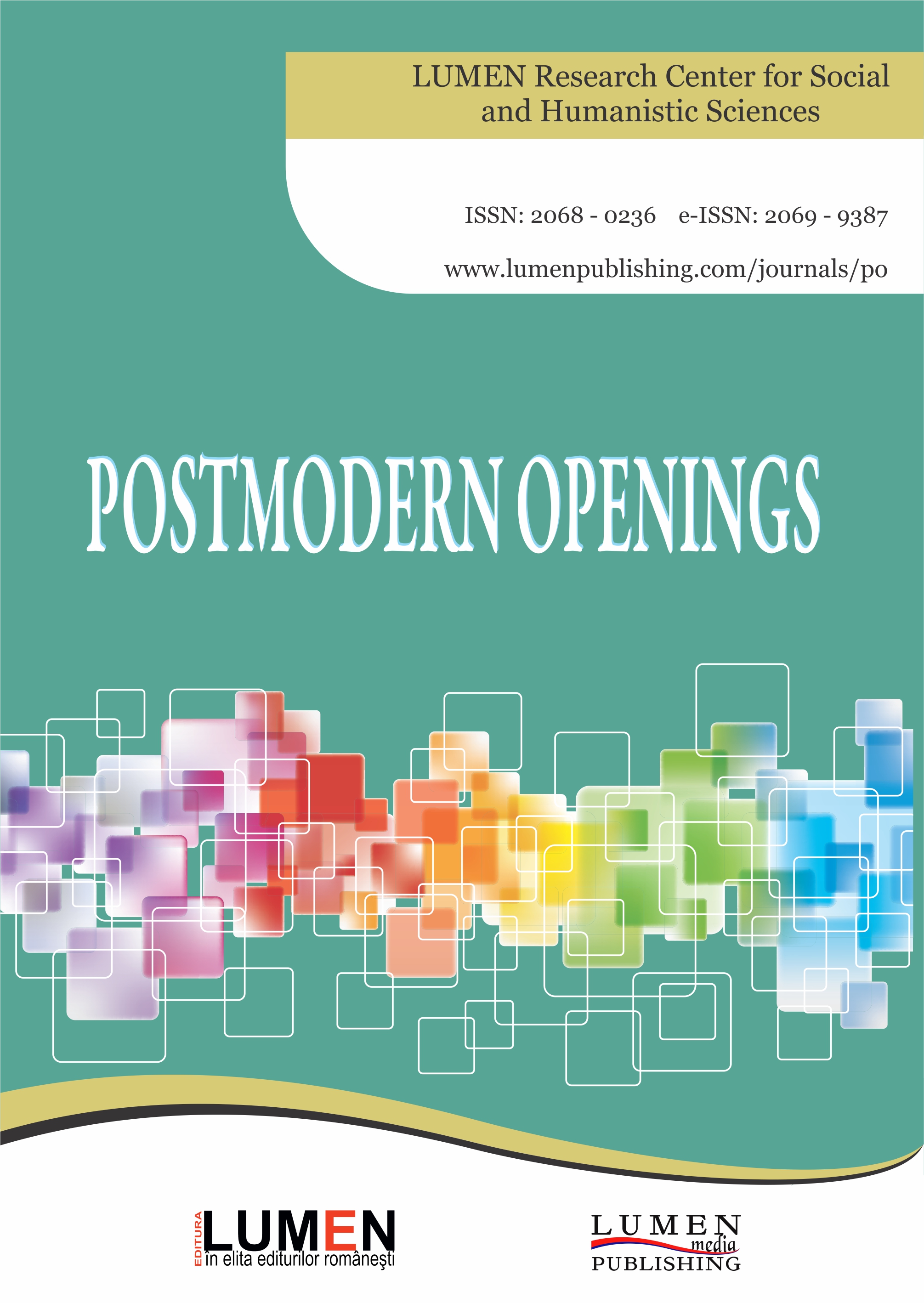The Human Existential Regression and the Myth of Prometheus
The Human Existential Regression and the Myth of Prometheus
Author(s): Marius Cucu, Oana LenţaSubject(s): Ethics / Practical Philosophy, Ancient Philosphy
Published by: Editura Lumen, Asociatia Lumen
Keywords: Myth; symbol; gods; titans; heroes; ages of mankind; damnation; collapse; hollowness; Pandora; Prometheus;
Summary/Abstract: The theme of the Adamic Fall, of the loss of the heavenly existential paradigm was one of the major creative reasons for the entire European cultural tradition. The role played by the constant reporting of early theological environments to translations of biblical texts cannot be neglected in this context. The myth of the collapse of the human being in the ephemeral mundane space and time is mainly claimed from the Vetero-testamentary tradition, taken up and conceptually continued by the Christian thinking. The way in which this classic motif was received and assimilated in the sphere of all European spirituality, and not only, indicates a prior propaedeutic background, a pre-primary preparatory framework. This cultural background appears to be the universe of Ancient Greek mythology, the universe given to humanity through the writings of the Great minstrels of Greek antiquity such as Homer or Hesiod. From this universe, the image of a hierarchy of human fall begins with the loss of the Golden Age, which emphasizes the Prometheic gesture of stealing the fire from the gods, as symbol of knowledge and technological advancement. Is this myth that indicates the risk of the defiance of a universal axiomatic by the man, still present nowadays? Or does it find its dramatic confirmation nowadays?
Journal: Postmodern Openings
- Issue Year: 10/2019
- Issue No: 4
- Page Range: 132-143
- Page Count: 11
- Language: English

